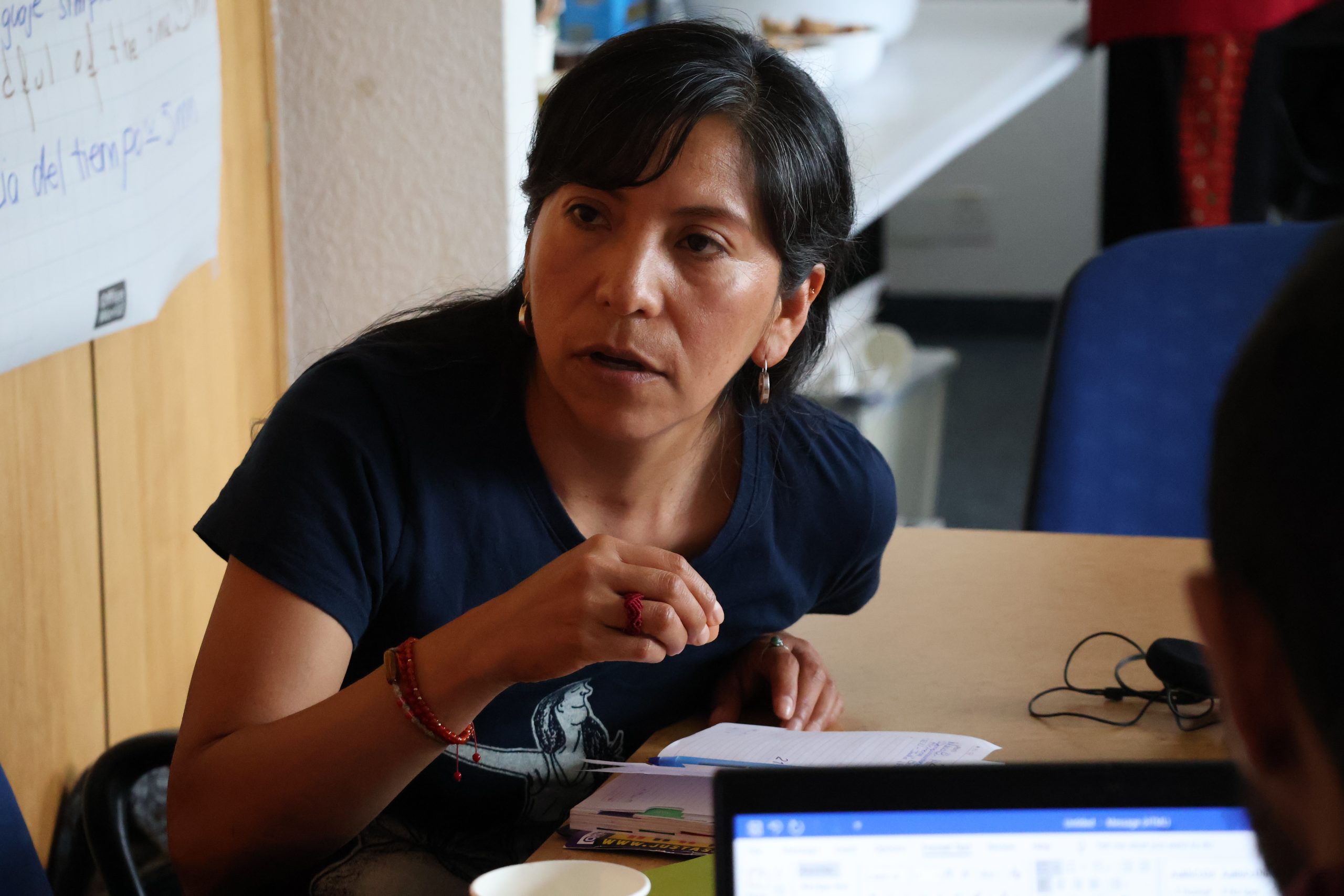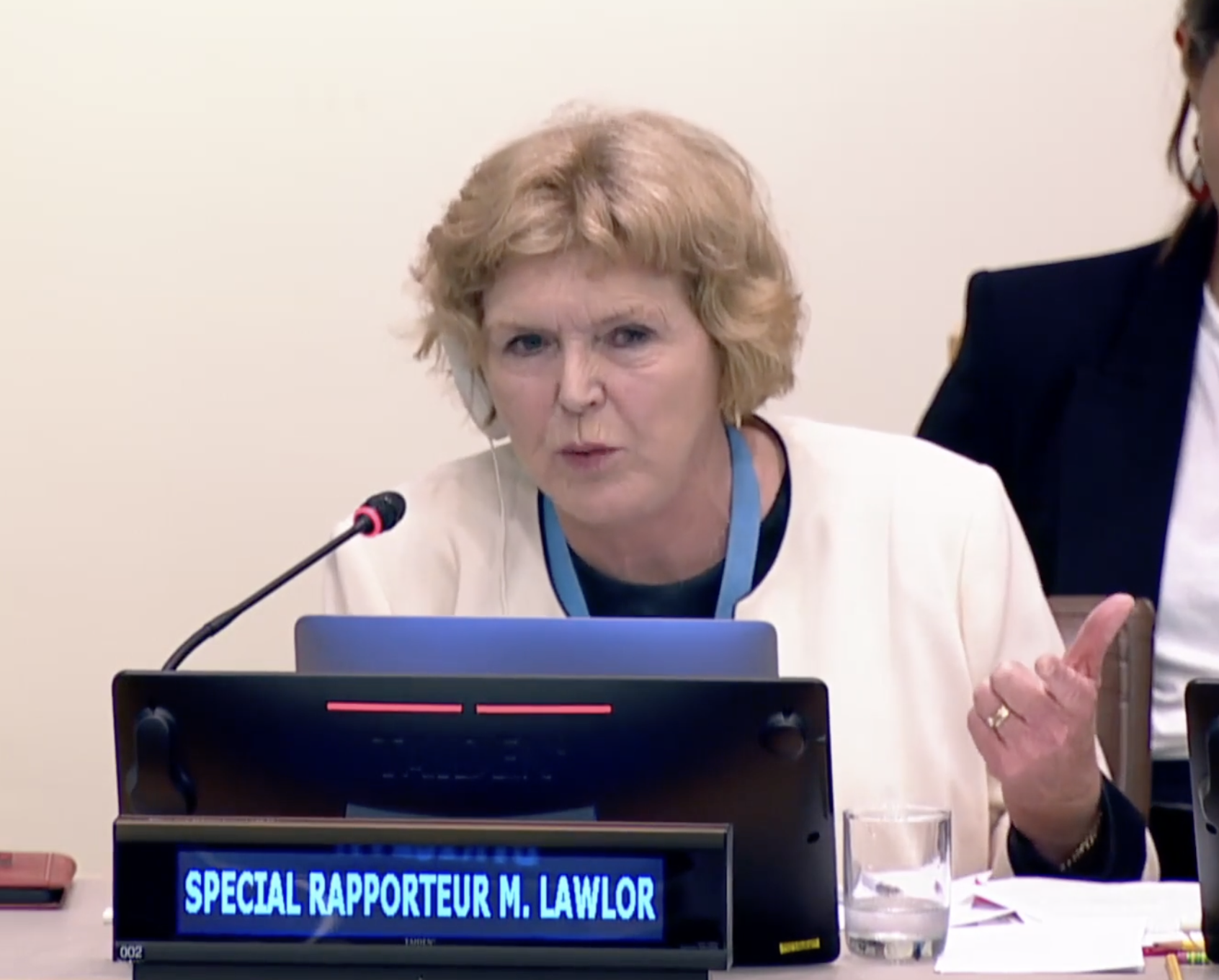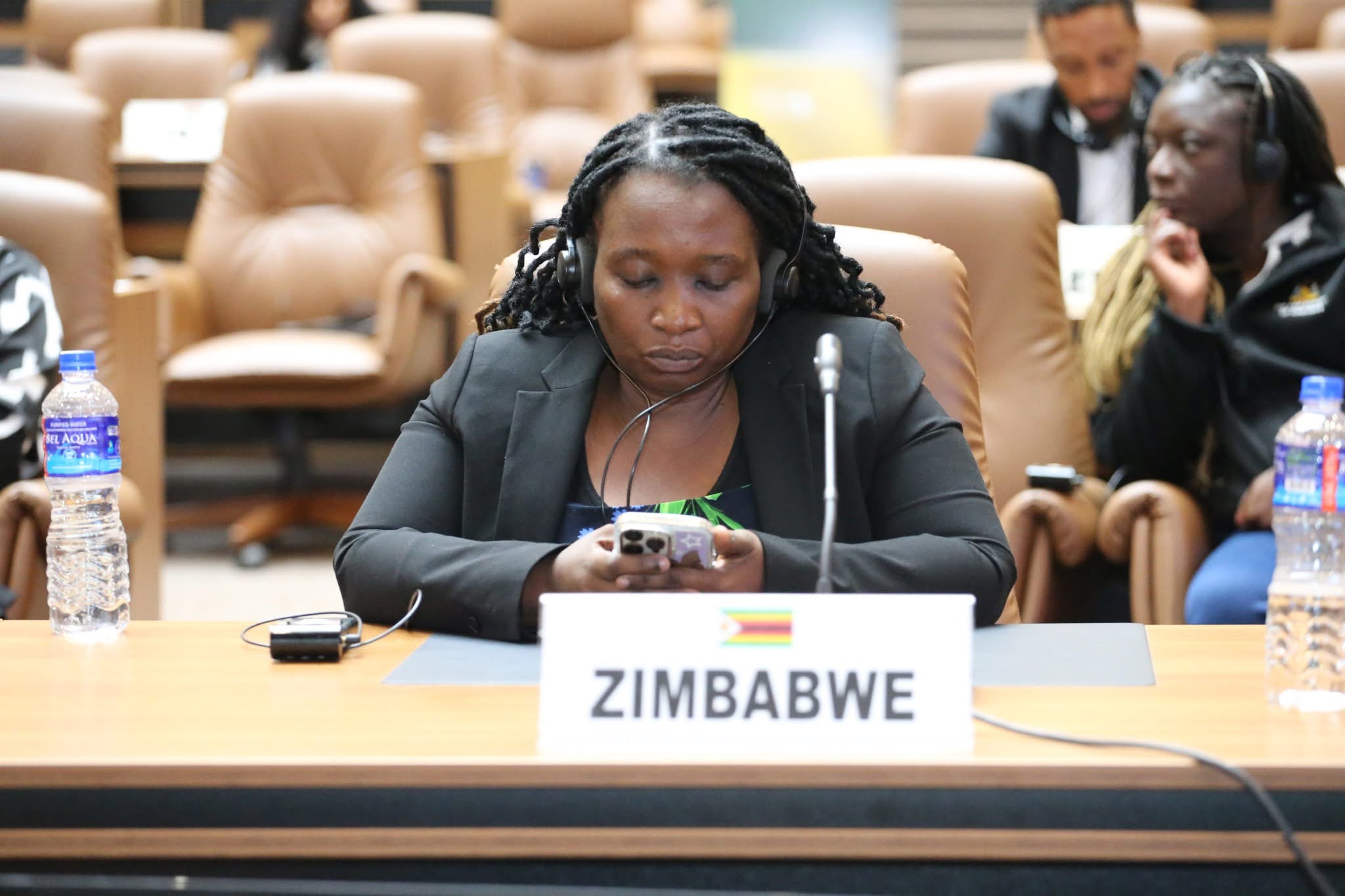Last Thursday, Mary Lawlor presented her report to the 78th session of the General Assembly’s Third Committee. The report notes that while the involvement of women human rights defenders (WHRDs) increase the possibility of a lasting peace agreement, no progress has been made in the protection of WHRDs in such contexts.
The report highlights four key areas in which WHRDs play a fundamental role: (a) provision of services; (b) documentation, accountability and advocacy; (c) promoting women’s rights, participation and agency and (d) relationship building and mediation, where WHRDs have, in multiple contexts, been excluded. The report also identified protection gaps, such as ostracisation, lack of funding, and lack of digital security.
‘We welcome the report’s clear articulation of risks WHRDs face in these contexts, including patriarchy, heteronormativity, militarisation, criminalisation, harassment and online intimidation,’ said ISHR’s Tess McEvoy. ‘Risks are intersectional and multiplied. For example, sexual orientation and gender identity are identified as risk multipliers for LGBTQ+ human rights defenders in the hyper-masculinised context of war,’ McEvoy added.
‘In calling on States to genuinely protect WHRDs, we welcome the expert’s frankness during the dialogue with States noting that while they “present themselves as angels,” most of the recommendations made on her reports are simply ignored,’ said McEvoy.
During the interactive dialogue, most States expressed support, others called attention to particular contexts of WHRDs; Poland highlighted Ukrainian WHRDs, and Georgia, WHRDs in Georgian-occupied territory. The United States referenced the criminalisation of human rights defenders in China, and China unsurprisingly justified the detention of defenders, referencing national criminal law and ‘the need to preserve the rule of law’. Beyond this, Russia, India, Iran and China sought to challenge the information presented by the Special Rapporteur by denying violations against WHRD’s rights in their countries.
Mary Lawlor closed by confirming that allegations in her report are not made lightly, and that the rule of law will never be a justification to criminalise human rights defenders. She ended by listing countries with defenders imprisoned for more than 10 years, namely: Bahrain, Belarus, China, Egypt, Eritrea, Iran, Laos, Mexico, Morocco, Nigeria, the Russian Federation, Rwanda, Saudi Arabia, Tajikistan, Türkiye, UAE and Vietnam.
Download as PDF




